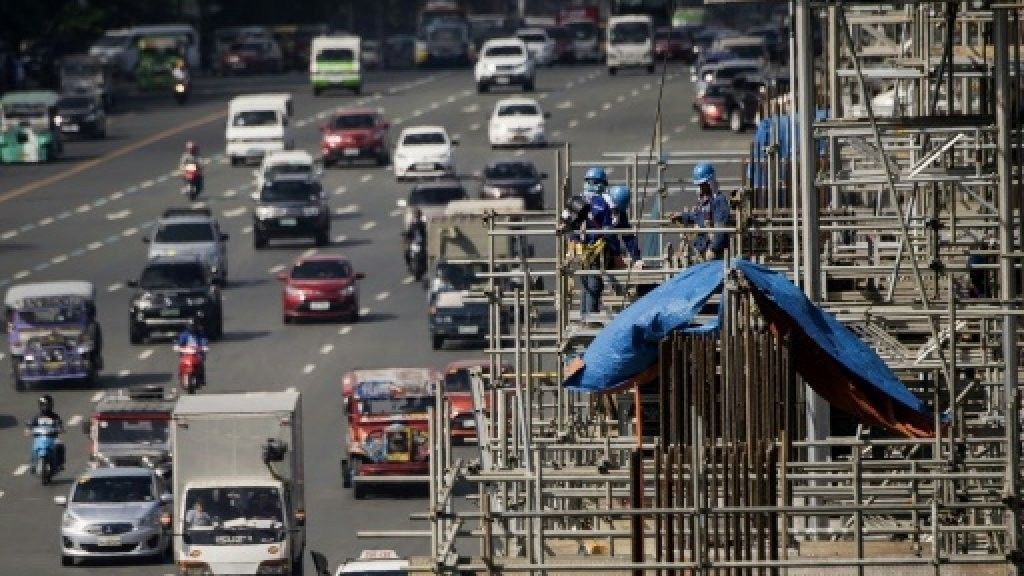Greater competition in power, telco, transport boosts growth — World Bank

MANILA, Philippines — The World Bank is calling for greater market competition in power, transport, telecommunication and professional services, saying greater diversity in these sectors can boost economic growth by 0.2 percentage point annually.
In a new report titled, “Fostering Competition in the Philippines: The Challenge of Restrictive Regulation,” the bank said these sectors are crucial to the improvement of services and job generation, but so far, competition in these areas is limited.
Data show that the Philippine economy is more concentrated compared with other economies in the region, with a higher proportion of monopoly, duopoly and oligopoly markets.
Graciela Miralles Murciego, World Bank senior economist and author of the report, said such market structures, borne out of political connections and natural market conditions like the need for economies of scale, have hampered the growth in productivity.
“The entry of politically connected companies limited productivity,” she said in a briefing yesterday.
“The government is on the right path to reform. But implementation is a challenge. Slow implementation continues to hinder the potential benefits of these reforms to consumers, keeping prices high and choices limited,” she added.
World Bank noted that these market structures are more prone to collusion, and abuse of market power that are “abetted” by restrictive regulations and restrictions.
These restrictions, in turn, include state ownership and involvement in business operations, complex regulatory procedures and administrative burdens on startups; as well as barriers to trade and investments, including foreign equity investments.
The study said these restrictions to competition have so far constrained the growth of the economy and led to high prices of services.
Power costs, for instance, remain high and capacity is limited largely because of the slow implementation of reforms, such as the open access provisions and retail competition under the Electric Power Industry Reform Act (EPIRA) of 2001.
Limitations on foreign direct investments (FDIs), meanwhile, stunt the development of power infrastructure.
In communications, prices of mobile phone services in the country are highest in all of East Asia region and are four times higher than the average price in developed countries.
In the transport sector, lack of competition is among the main reasons why domestic travel in the country is more expensive than in Malaysia and Indonesia. Restrictions in the transport sector, particularly cabotage rules, and limits to foreign participation were also found to create bottlenecks in the logistics sector.
Murciego said the estimated additional growth annually in gross domestic product that comes with greater competition in power, transport, telecommunications and professional services could be exceeded because of the spillover effects to other sectors of the economy.
“These estimates only refer to these areas which give us the sense that the effect of further competition could be much more,” said Murciego.
“We are looking at sectors that are more critical to competition. When there is a high concentration the economy, all the more it is important to have a strong competition policy,” she added.
To illustrate, Philippine Competition Commission (PCC) chairman Arsenio Balisacan said the opening of the domestic telecommunications industry in the country in the 1990s also spurred the development of the business process outsourcing (BPO) industry.
The World Bank study is meant to help the National Economic and Development Authority (NEDA) and the Philippine Competition Commission (PCC) create an effective competition policy.
Balisacan said they are now finalizing the National Competition Policy (NCP), an executive order containing a framework that would guide the implementation of the Philippine Competition Act.
The report puts forward detailed recommendations for reducing regulatory restrictions.
These include easing restrictions in infrastructure and professional services to create a spillover effect on other sectors, leveling the playing field for foreign and local investors, minimizing price control for encourage firms to compete, ensuring fair competition between private and public sector operators, and streamlining burdensome administrative procedures for businesses to facilitate market entry and rivalry.
- Latest
- Trending




























